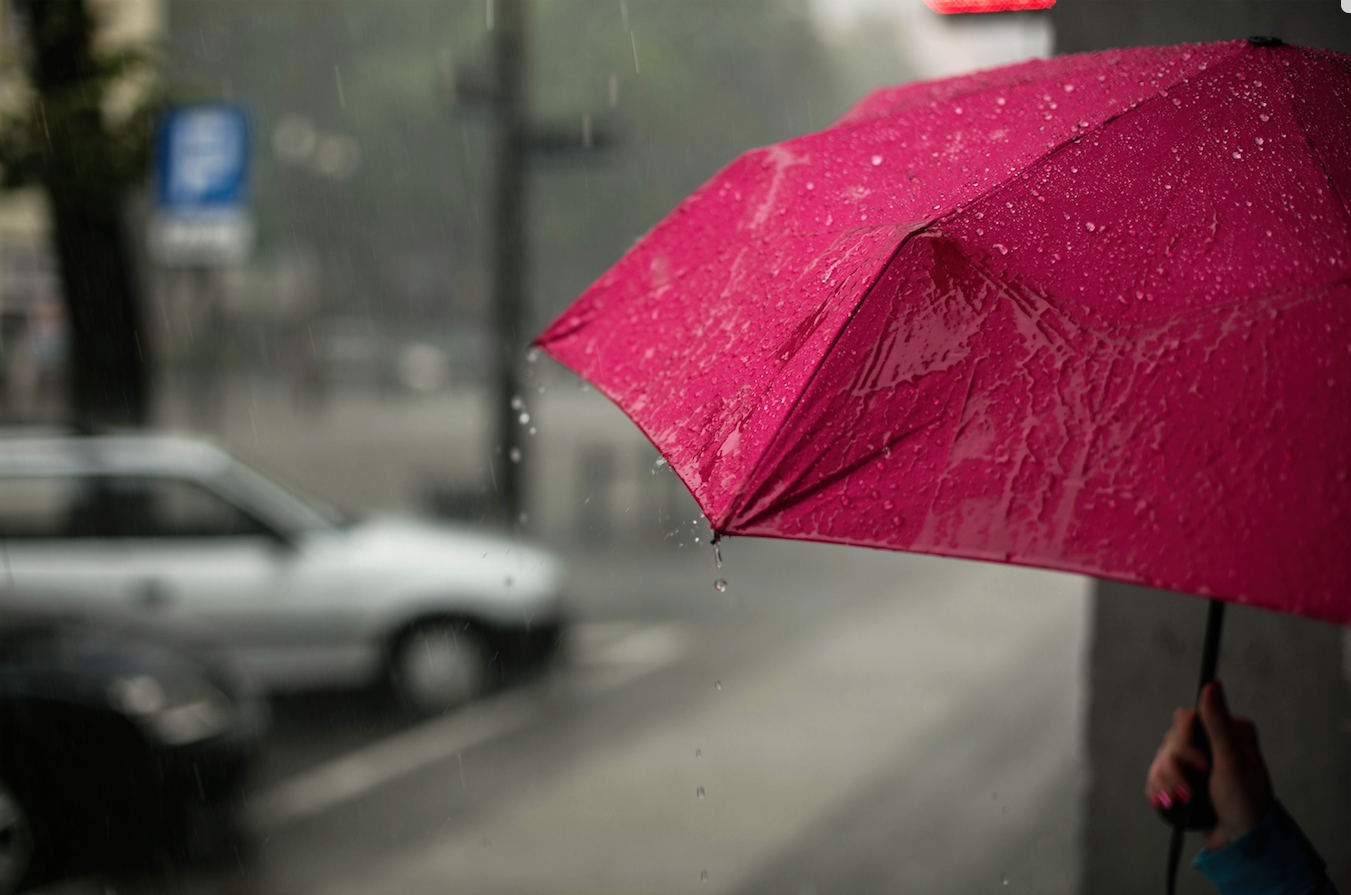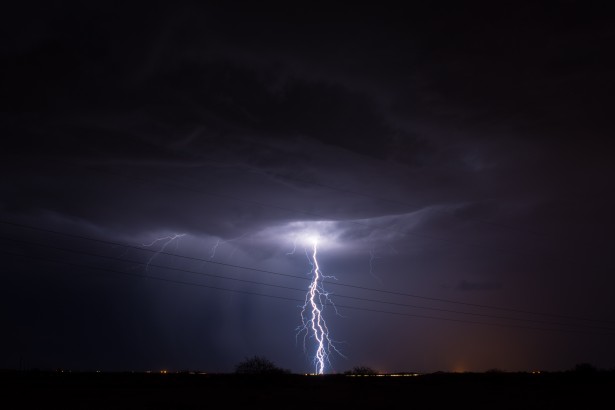As the calendar begins to transition from the months of summer to fall, weather follows suit. Gone, for the most part, are the hot, clear days. We are left to face colder temperatures and spurts of rain and wind. Sometimes it is nice to have a break from the scorching heat, but what if it’s more than we bargained for? Fall may bring severe changes in weather that can cause damage to our properties and/or HVAC units.
Extreme Heat

While summer is behind us, we do still see some occasional warm and humid days. During these moments of heat, homeowners are tempted to drastically lower their air conditioner temperatures to escape the less-than-optimal outdoor weather. Doing so can often cause your unit to work harder than it needs to. To avoid unnecessary wear and tear on your air conditioner, raise your thermostat to 78 degrees Fahrenheit to keep you cool.
Severe Flooding

Our clients often ask us, “should we cover our air-conditioner to protect it from rain?” The answer is no, not really. Air-conditioners are designed and constructed with weather in mind. They are made to withstand rain, hail, and even snow.
Covering them can often cause more damage than having no protection at all. Tarp coverings (especially ones made out of plastic) can cut off air circulation to the unit, causing moisture to form on the underside of the casing. This moisture can rot and rust the metal exterior, wiring components, and even rubber within the air-conditioner. Over time, this will render your unit inoperable. If you wish to cover it, opt for commercially available covers with proper ventilation.
The only time you should really worry about water damaging your AC is during periods of severe flooding. If water levels reach or exceed 15 inches in depth, you should consult a technician before restarting your air conditioner.
Thunderous Power Surges

Thunderstorms can damage your unit in two ways. First, the high winds often associated with storms can send objects like leaves and branches flying into your air conditioner’s condenser fan grille. This blockage can prevent it from running properly. Second, if lightning strikes your air conditioner, power surges often incur.
To complicate matters, the severity of those surges is not often seen right away. You may not know your unit has been struck! But over the course of a few months, homeowners begin to notice that their air conditioner is not working as well as it was before.
The most common cause of air conditioner damage after a lightning strike is damage to the capacitor. If not taken care of immediately, this can lead to a compressor failure, which is a much more expensive repair. To limit the impact of a lightning strike, invest in some high-quality outlet surge suppressors!
Do you have more questions about how changes in weather can affect your HVAC units? Contact us! Our knowledgeable and friendly service technicians at Afterglow Ltd. would be happy to help!
